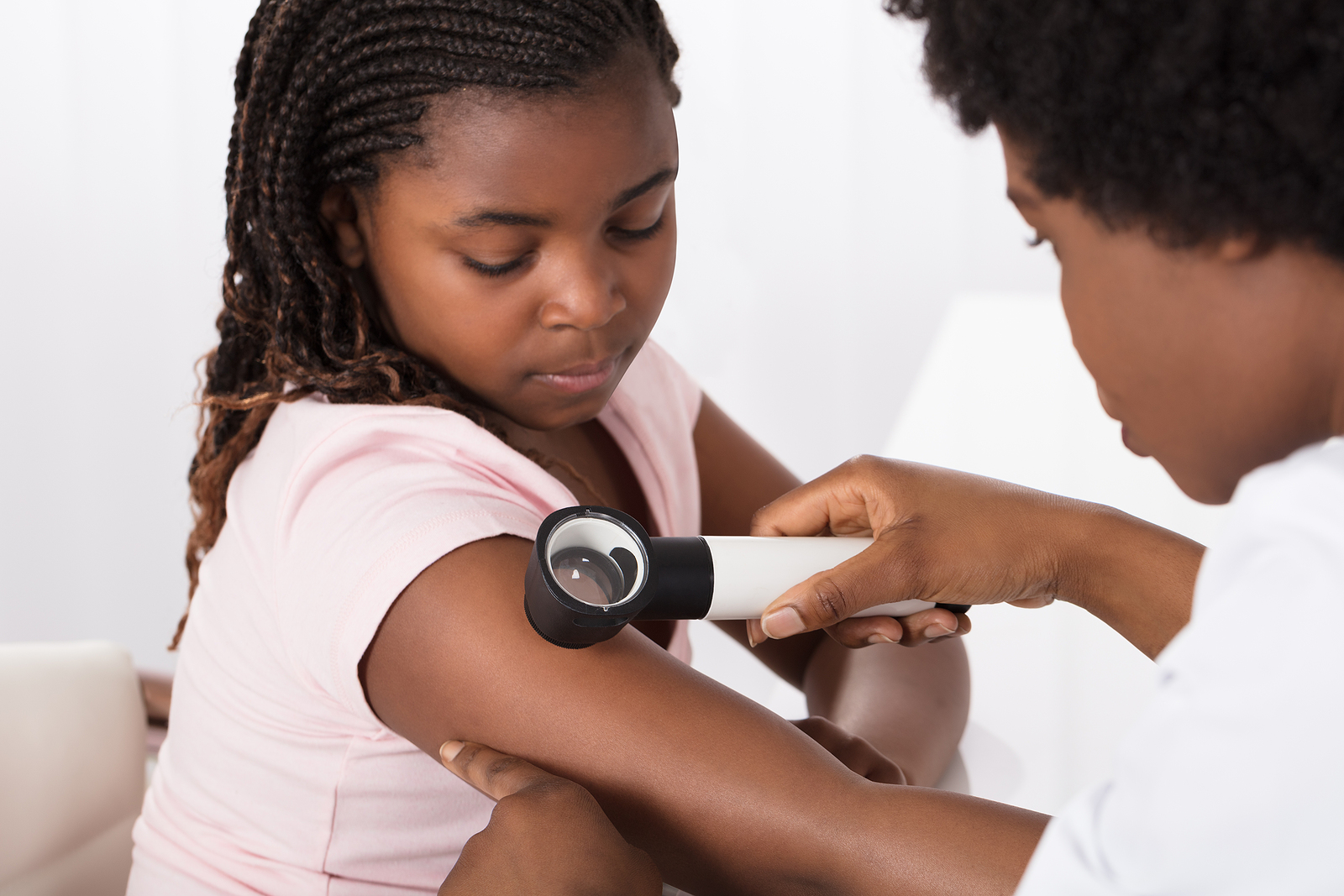With many skin conditions, the impacts to the individual can vary greatly depending on their skin tone. Representing skin diseases on various skin tones, especially in a country as diverse as the Cayman Islands is vital to ensure that every person receives the appropriate and relevant care.
The current problem at hand is that traditionally the imagery represented in various articles and throughout dermatology literature, mainly showcases how dermatological conditions look on white individuals, which can cause those with darker skin to dismiss a possible skin disease on the fact that it looks different.
In this short article, we aim to explore the most common skin conditions and to then break down the most common skin tones for dark skin. Links to the AAD are provided which offer imagery these conditions on darker skin tones to showcase how certain conditions can appear differently.
Most popular skin conditions in the USA by number reported by the AAD:
Read more
Most common skin conditions in darker skin tones reported by the AAD
Read more
At Integra, we have two highly experienced adult and paediatric dermatologists. In particular our specialist dermatologist Dr Alison Duncan has a considerable amount of experience with skin issues related to darker skin pigments. It is evident that the frequency of certain dermatological conditions can truly depend on an individual’s skin tone. Therefore, if something does not feel right, we encourage you to get in touch here.




